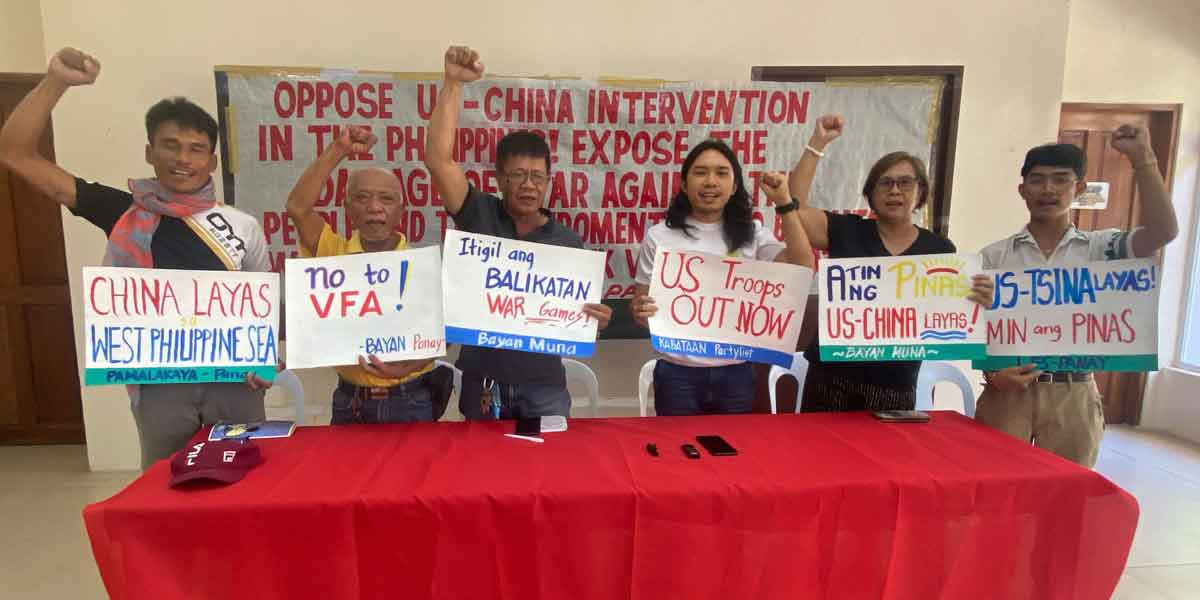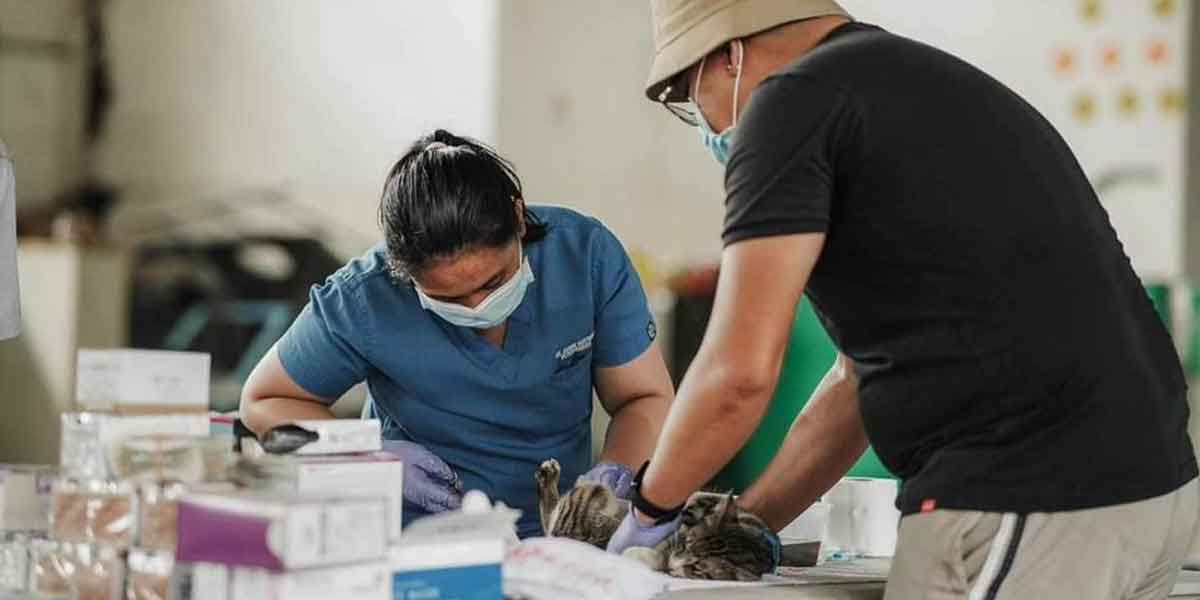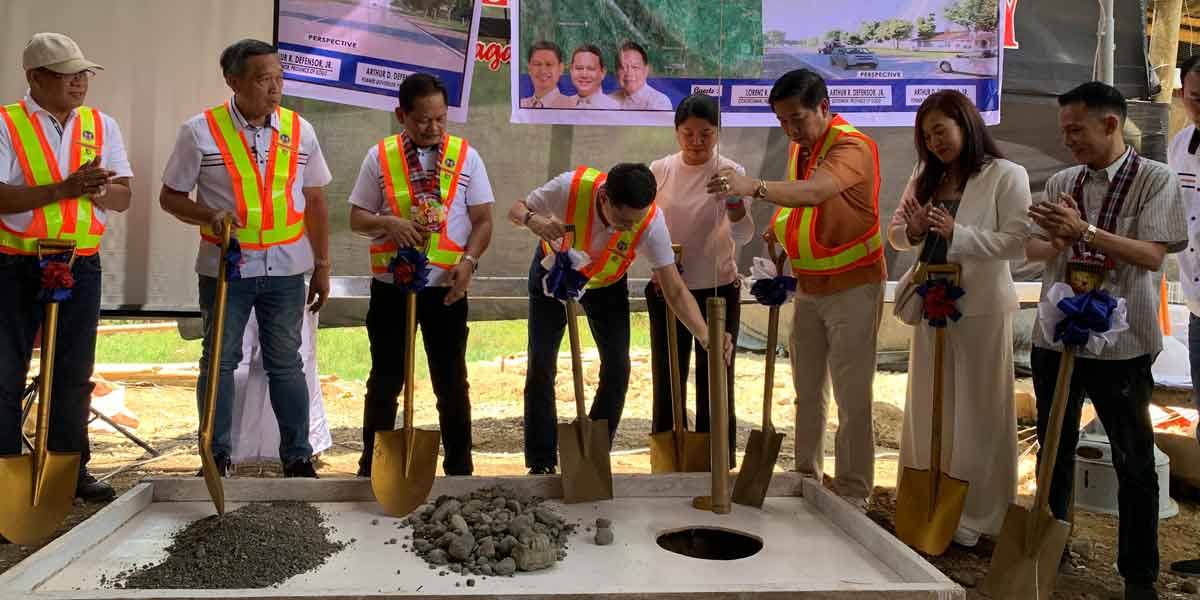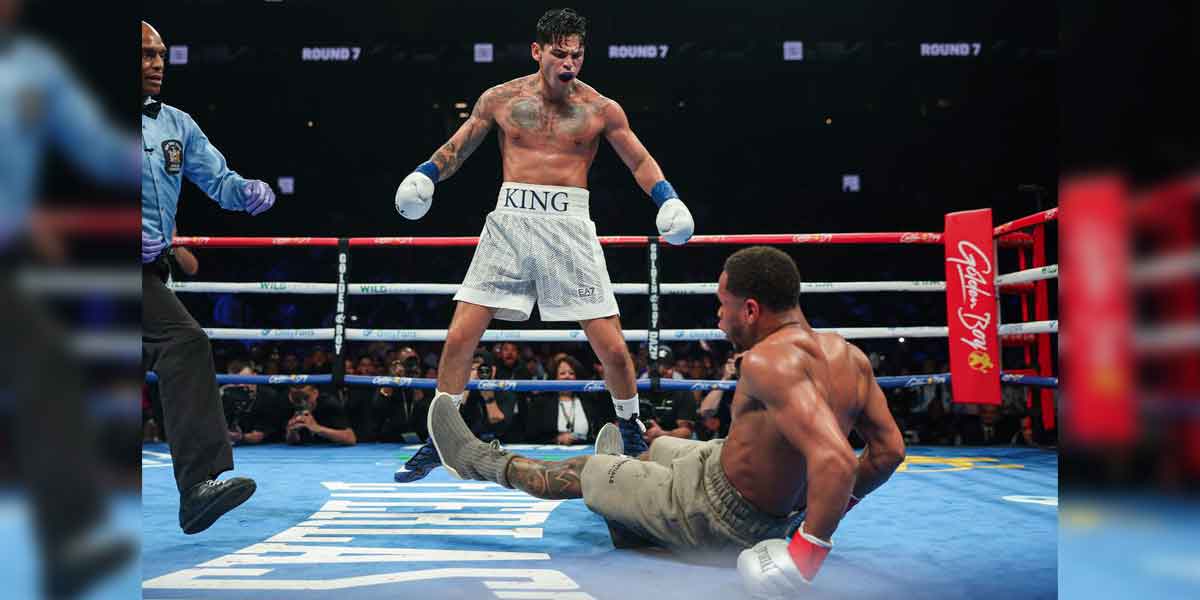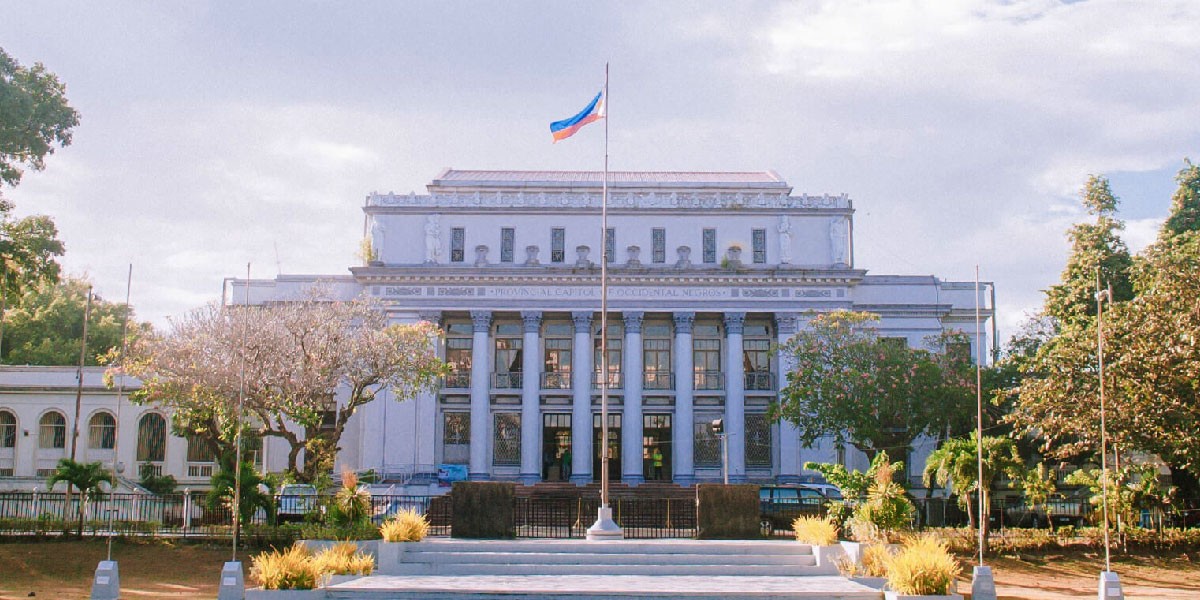 By Alex P. Vidal
By Alex P. Vidal
“A crazy man finishes in the cemetery.”—Juan Manuel Fangio
KILLINGS have become regular events in the Philippines.
News of murders in raids, mis-encounters, and during the serving of warrants of arrest on suspected criminals and terrorists is being reported even in the United States despite the pandemic.
Human rights advocates have been watching with utmost concern the violence and mind-boggling number of murders in the Philippines.
If the dead bodies being dumped on the roadsides and other “killing fields” aren’t those of suspected drug users and drug traffickers, they are drug informants, activists and suspected rebels, notorious criminals, among other law violators.
Other victims of summary execution are lawyers, students, journalists, teachers, peasants, rogue cops, and politicians marked for liquidation for being suspected protectors of illegal drugs, or for being suspected drug traffickers.
It appears like the Philippines has become the biggest cemetery in Asia based on the statistics gathered since the government “sanctioned” the summary executions of those involved in the trafficking of illegal drugs.
Even during the pandemic, senseless killings continued in Luzon, Visayas, and Mindanao.
More lawyers have been killed in the five years since President Rodrigo Duterte took office than under any other government in Philippine history, according to our former media colleague and human rights watcher Carlos Conde.
-o0o-
At least 110 lawyers were killed from 1972 to the present, according to the date of news website Rappler. Sixty-one of those killings have reportedly taken place since 2016.
“Lawyers in the Philippines have been restless, risking contempt, some calling for a strike, to demand stronger actions from the government to address the unprecedented spike in killings of persons in the legal profession,” reported the Rappler.
Charges have been filed in just seven cases in which lawyers were victims, underscoring the lack of accountability for serious crimes in the Philippines since 2004, disclosed Conde.
The Free Legal Assistance Group (FLAG), one of two nongovernmental groups that track killings of lawyers, said more than half were work-related.
The National Union of People’s Lawyers (NUPL), which also monitors attacks, said most of those killed represented either victims of the “war on drugs” or victims of human rights violations.
The NUPL said, “almost all perpetrators have never been brought to the bar of justice.”
Conde said many of the high-profile attacks involved members of the NUPL, which represents leftist activists as well as victims of human rights violations. In 2018, gunmen shot dead Benjamin Ramos in Negros Occidental, a province in the central Philippines that has seen an uptick of violence directed against plantation labor organizers, peasant groups, and rights defenders. Earlier this month, masked men with a screwdriver stabbed Angelo Karlo Guillen, the NUPL’s secretary-general on Panay Island.
-o0o-
Guillen, an Ilonggo who was critically injured but survived, had handled several rights-related cases, notably the police killing in December of nine members of an Indigenous peoples’ group.
Lawyers in the Philippines have a long history of representing victims of human rights violations, making them targets as well. FLAG was founded in 1974 at the height of the Marcos dictatorship. The majority of cases it handled were political or human rights cases. NUPL was founded in 2007 during rampant rights violations under then-President Gloria Macapagal-Arroyo; 22 of the 110 lawyers killed in Rappler’s tally were murdered during her presidency, the highest after Duterte.
The targeted killing of Filipinos swept up in the brutal “war on drugs” or taking part in human rights activism is bad enough. The killing of those who defend them or seek to provide their families redress adds immeasurably to the horror.
“The international community led by the United Nations Human Rights Council needs to act more decisively to press the Duterte administration to end the violence,” suggested Conde.
To add insult, the Calbayog Regional Trial Court recently confirmed that it received a request from local police, citing compliance from “higher offices,” of a list of lawyers representing what it called “communist terrorist groups.”
(The author, who is now based in New York City, used to be the editor of two dailies in Iloilo)

